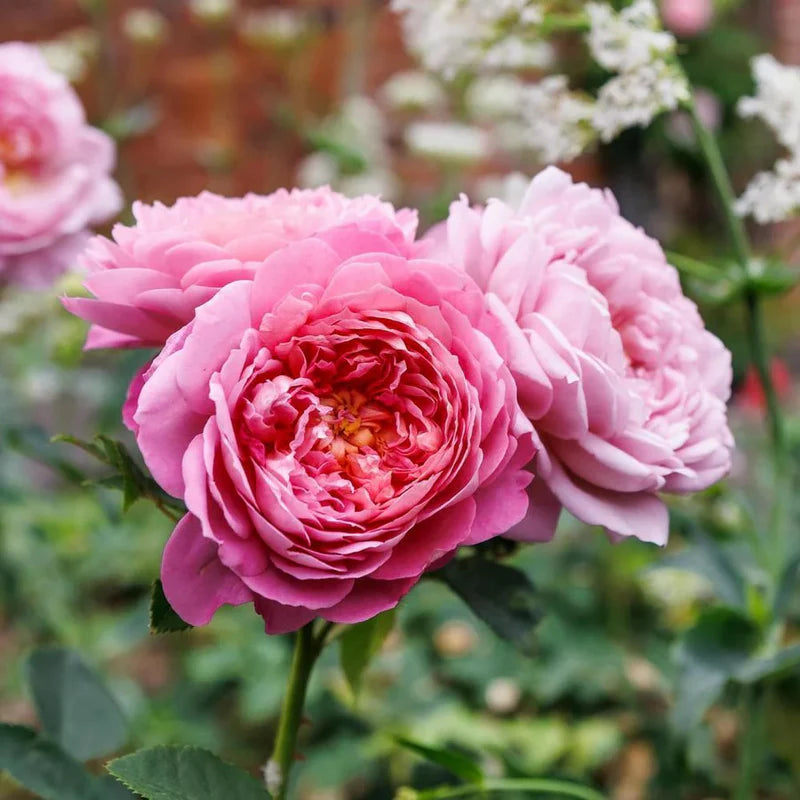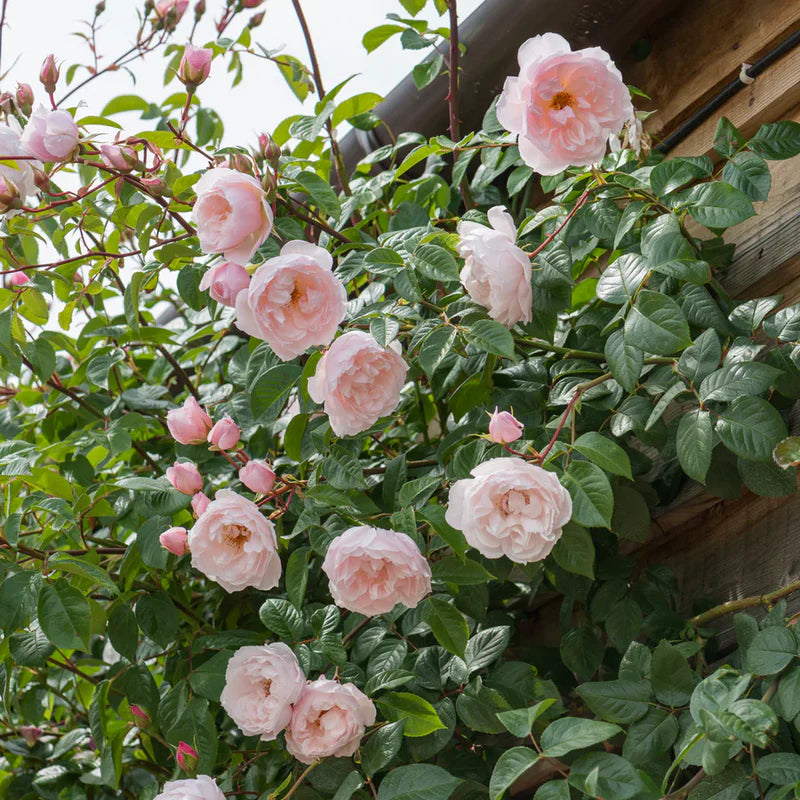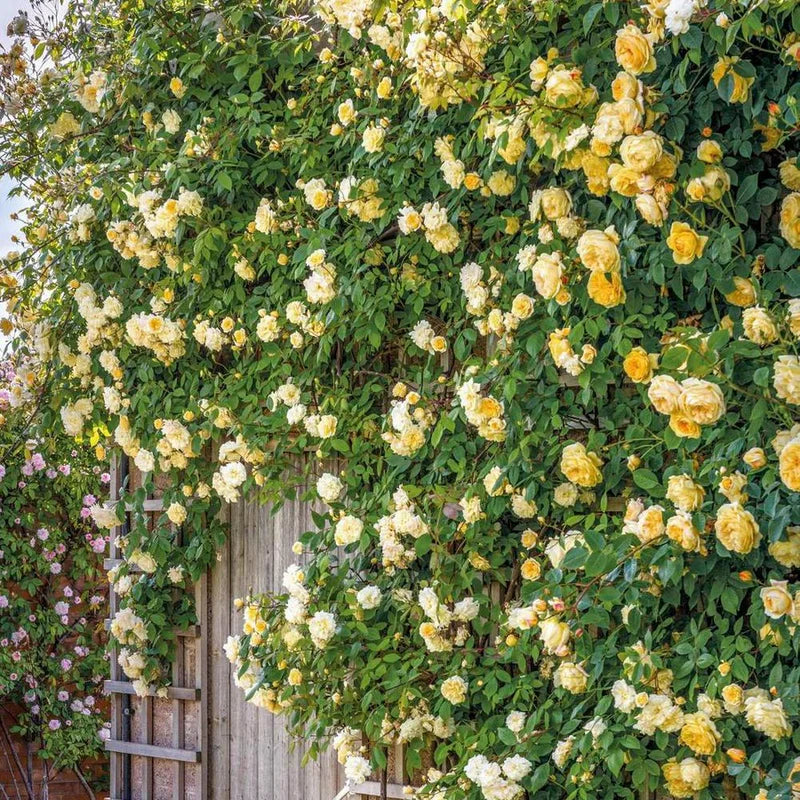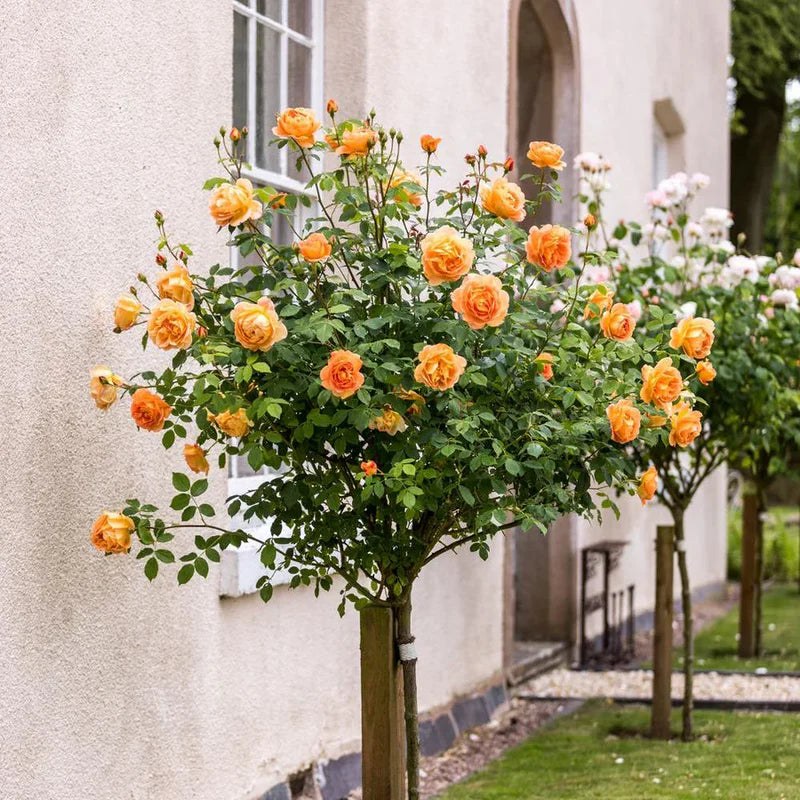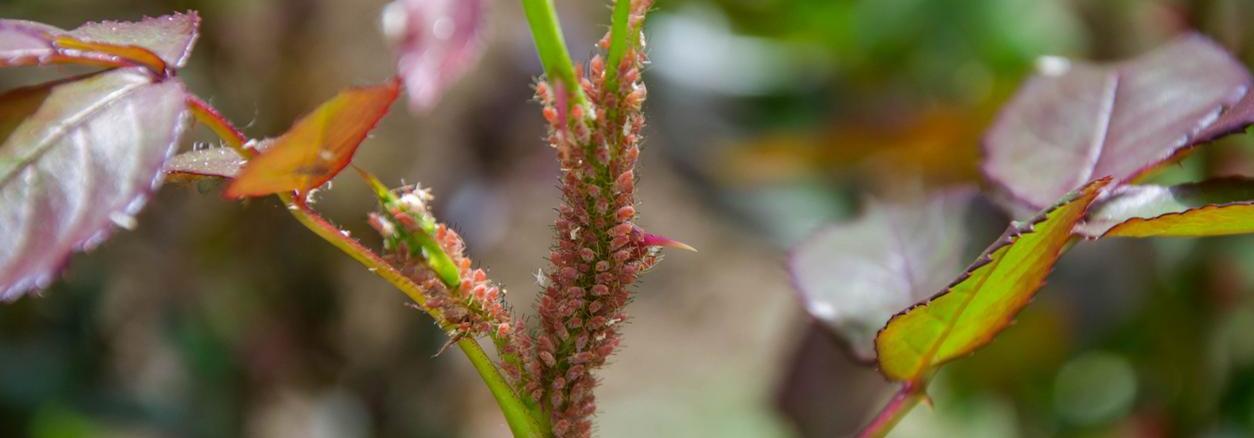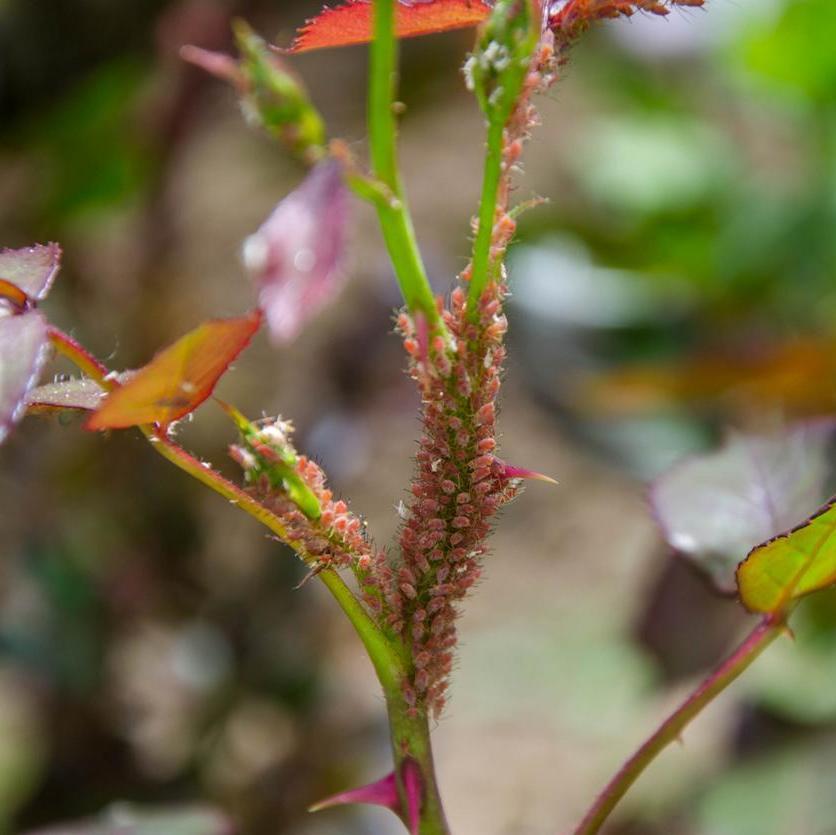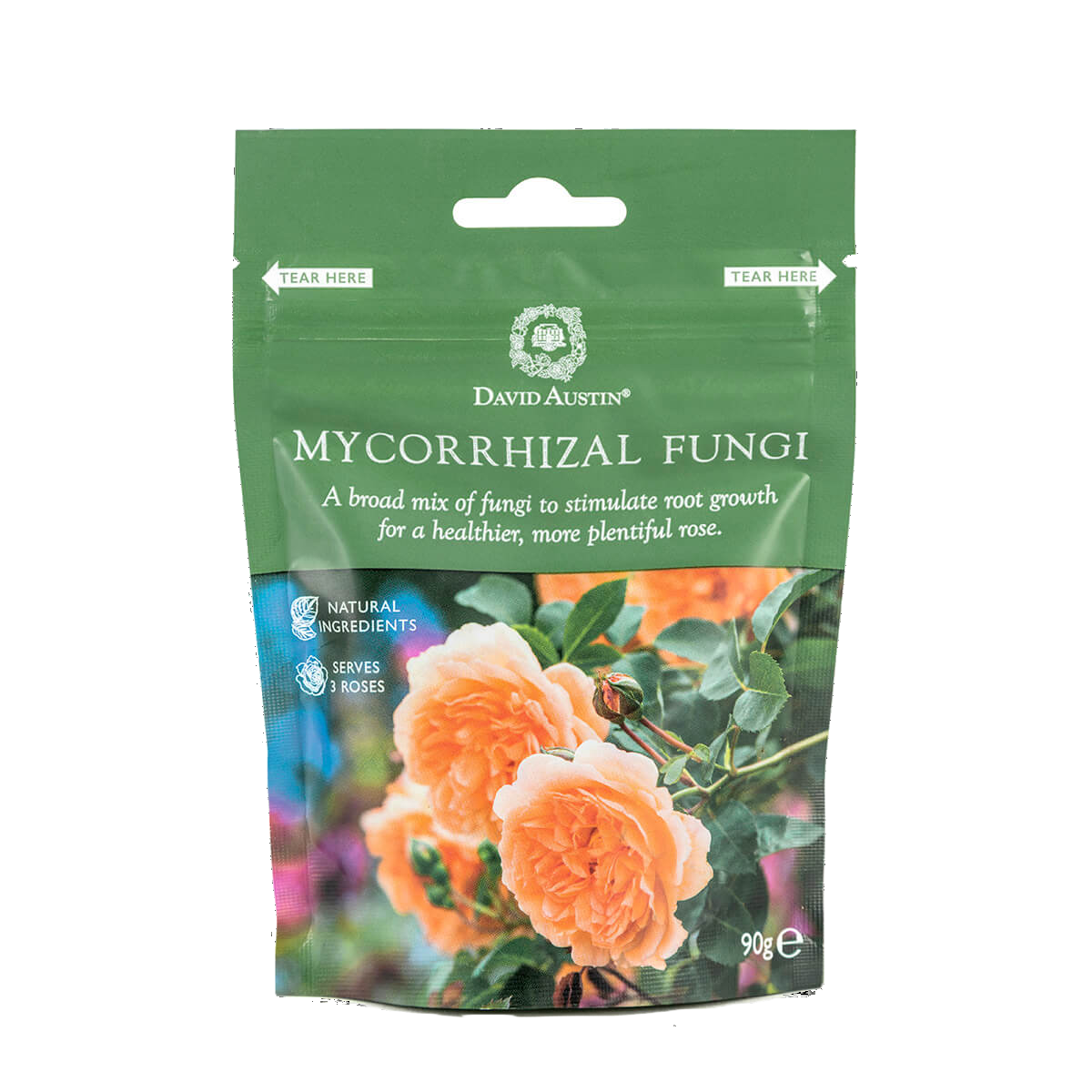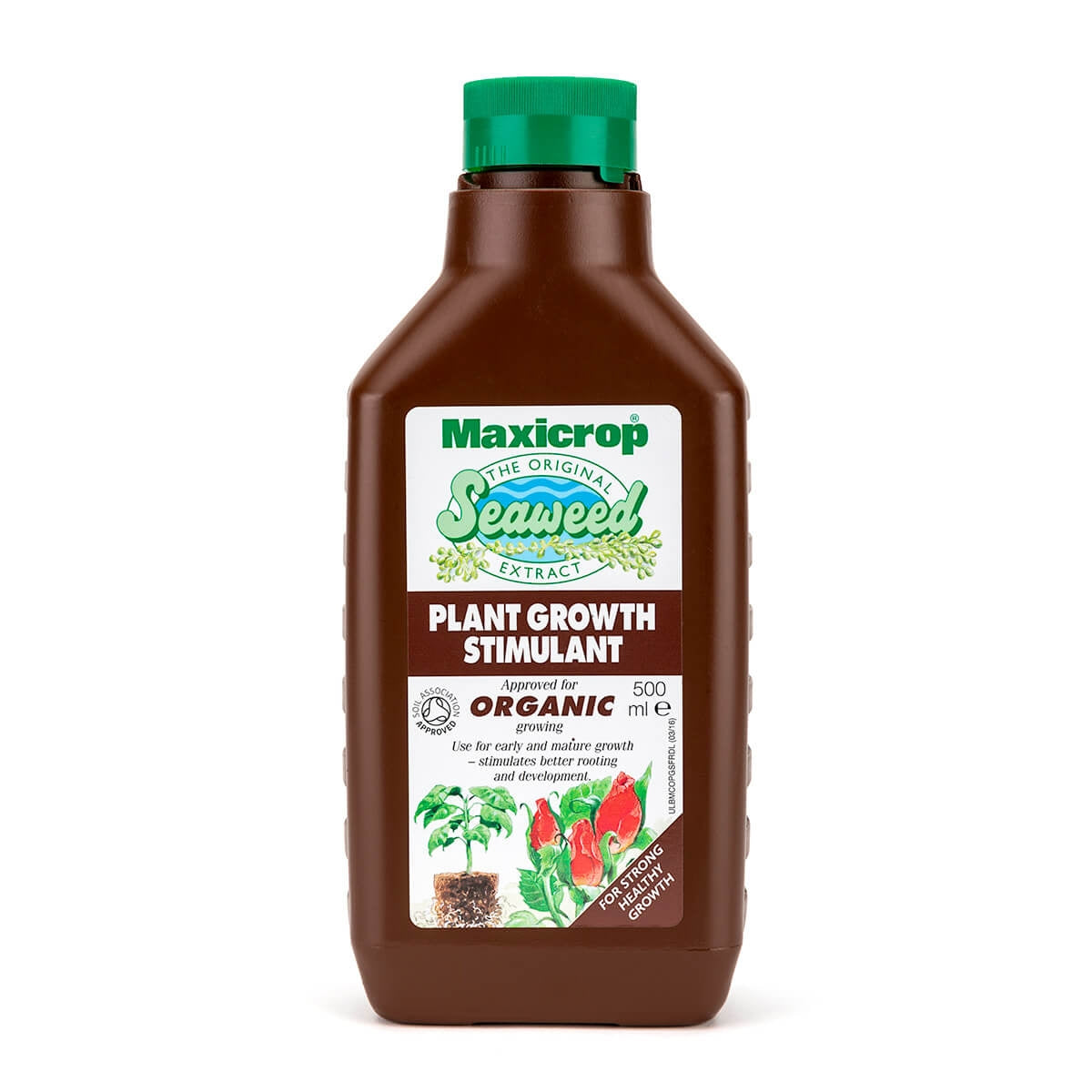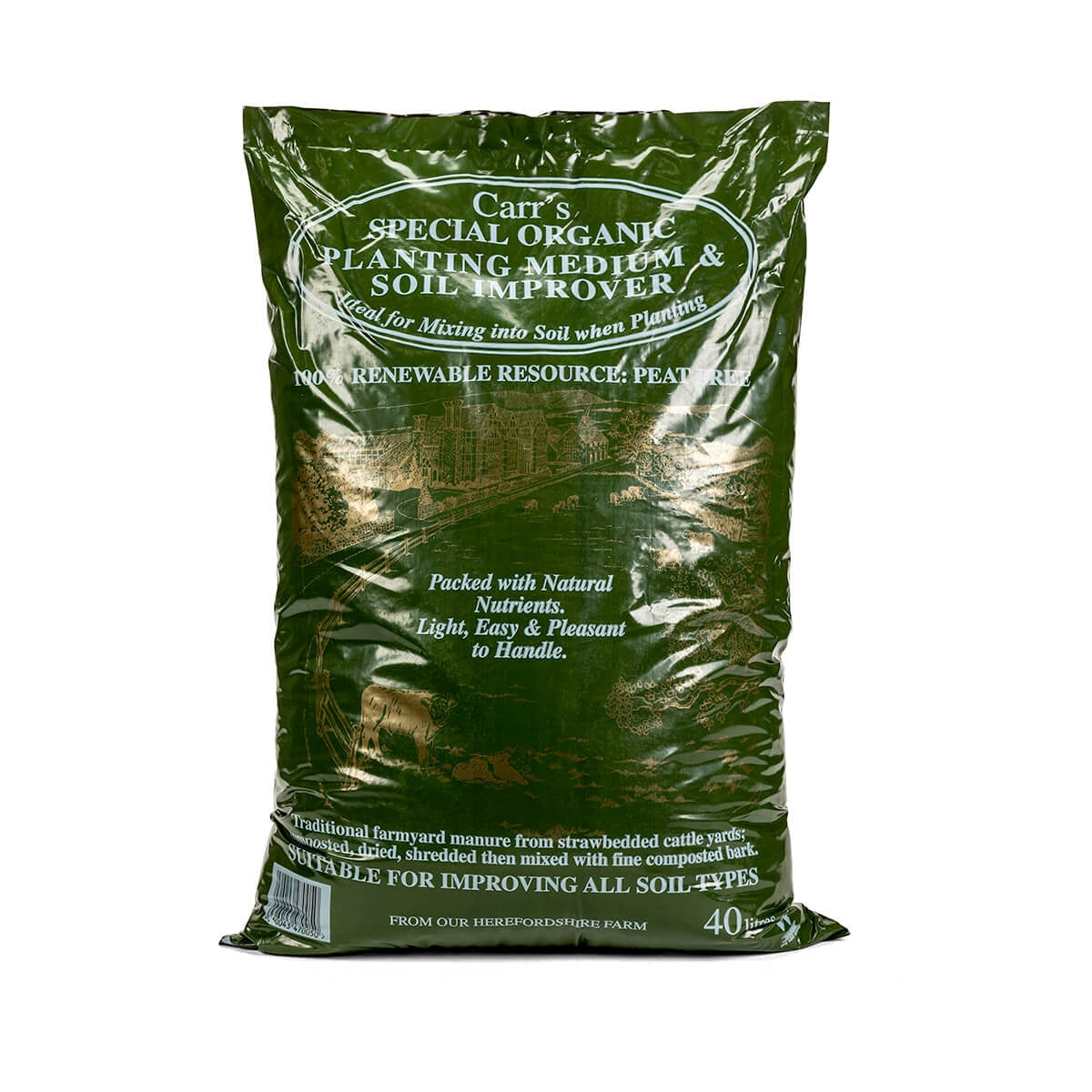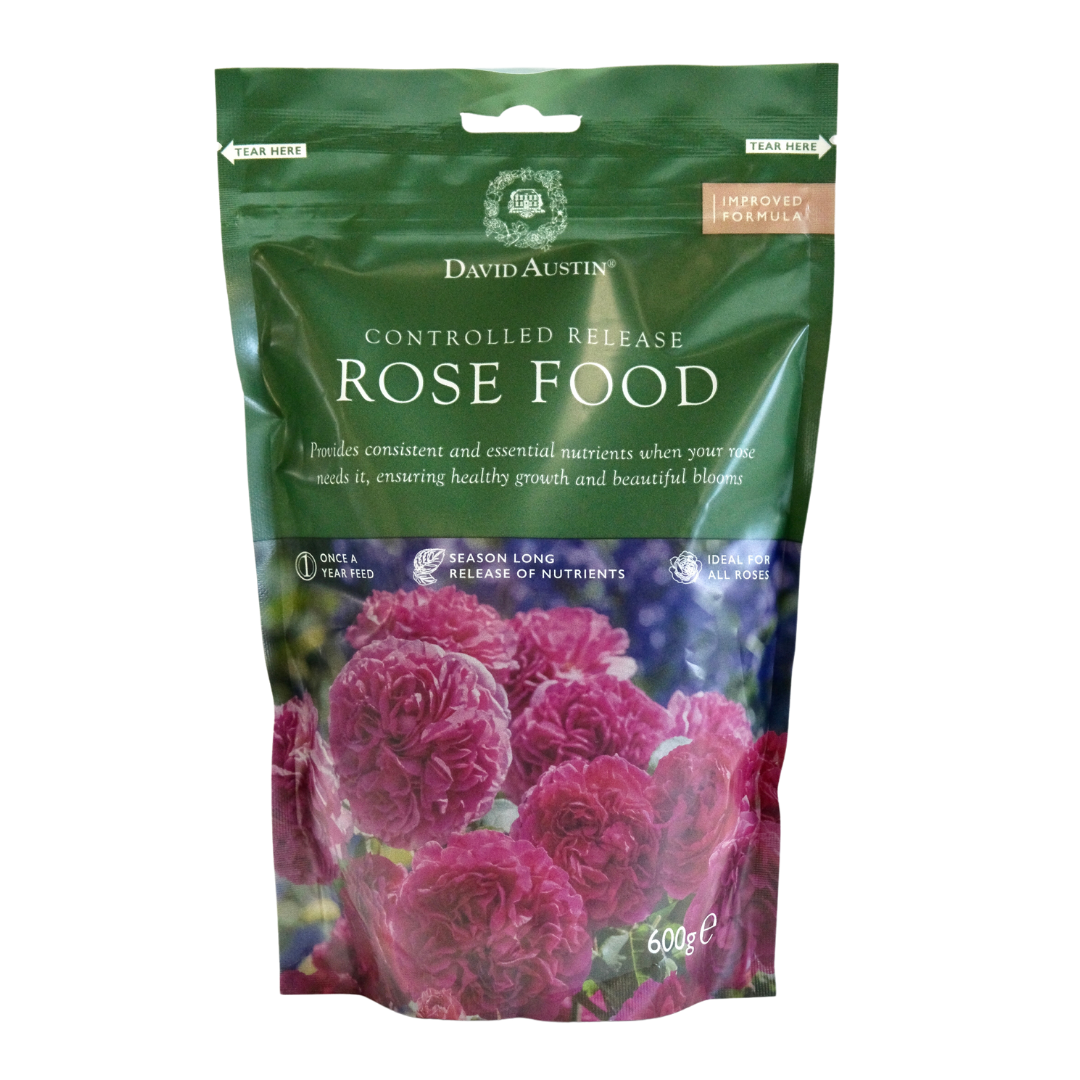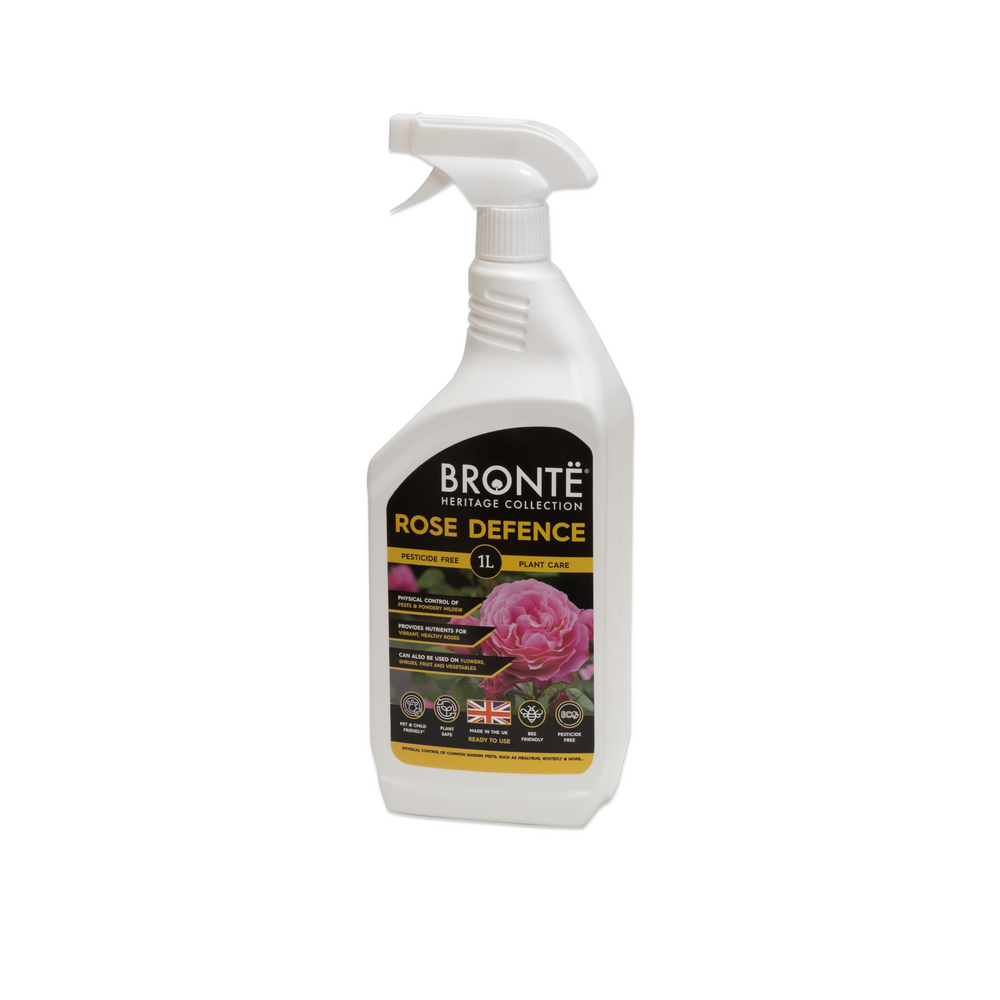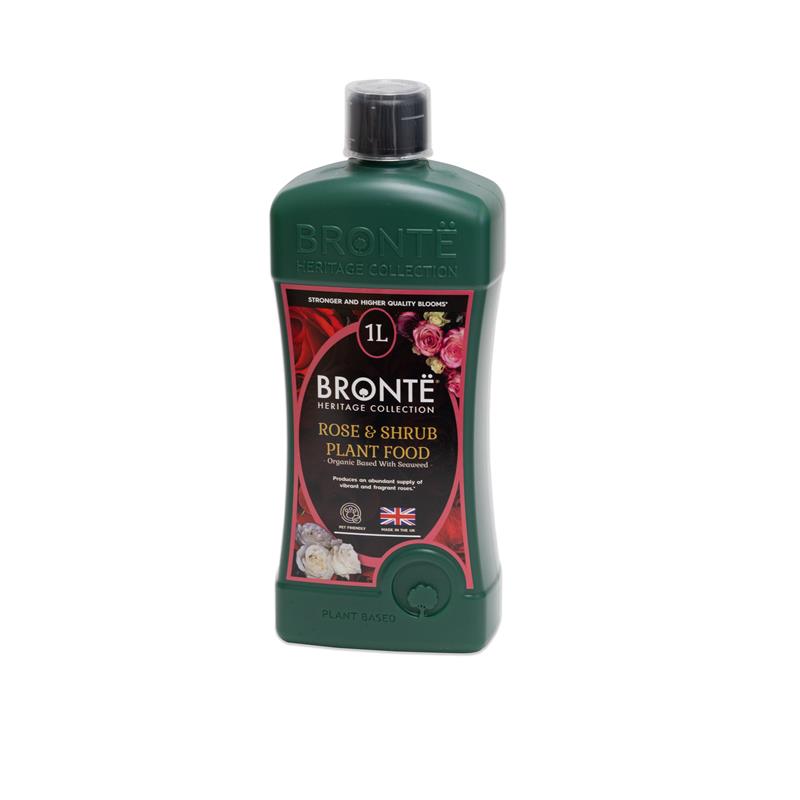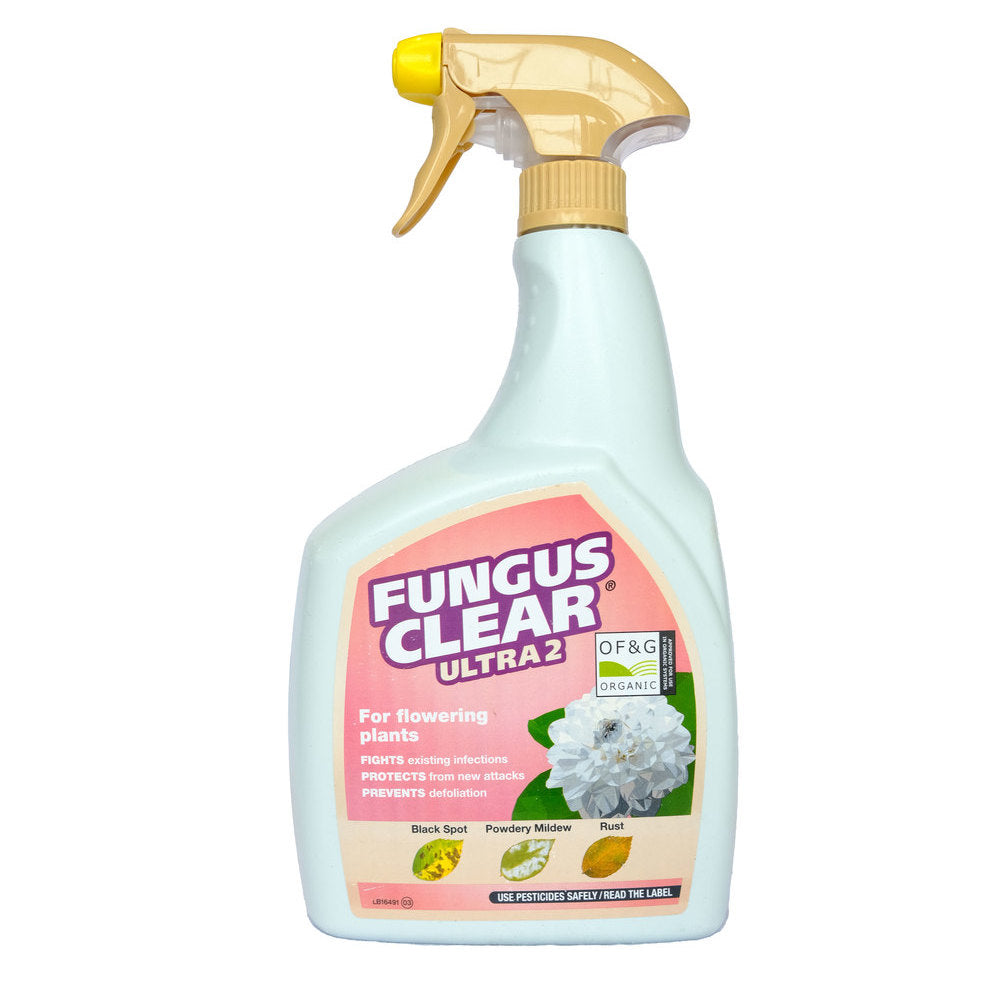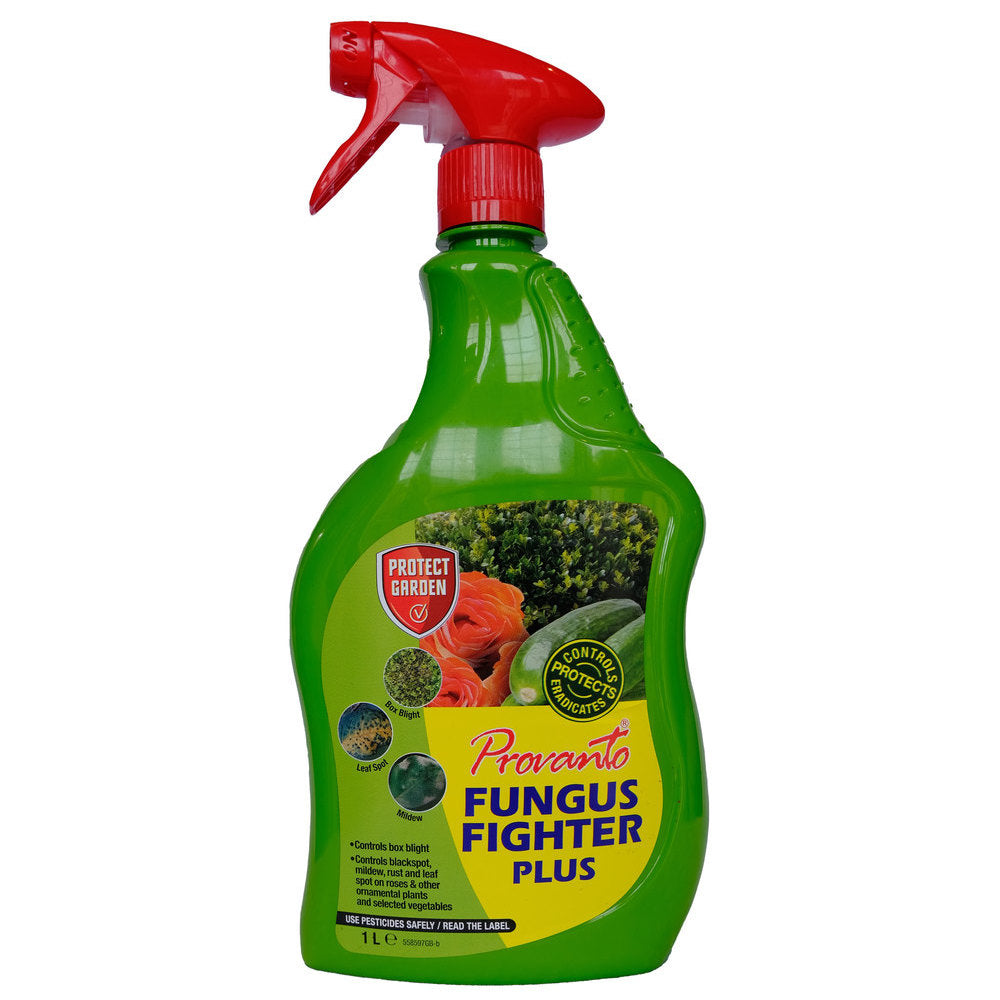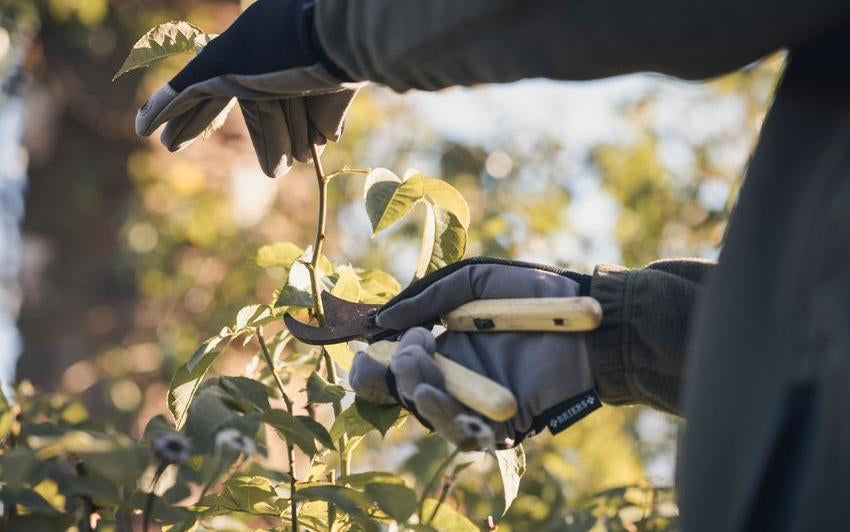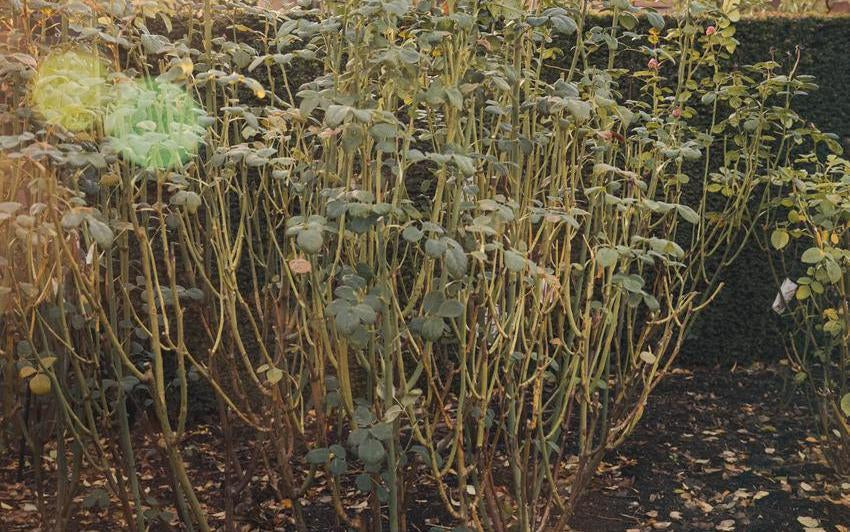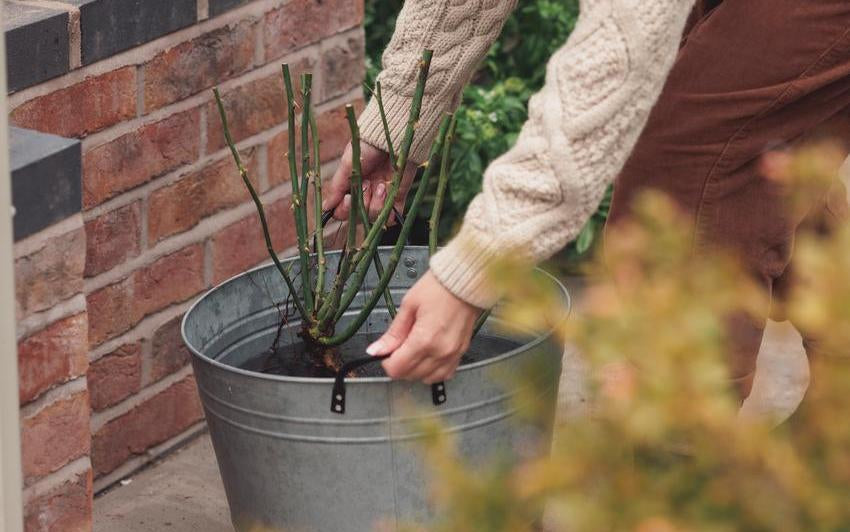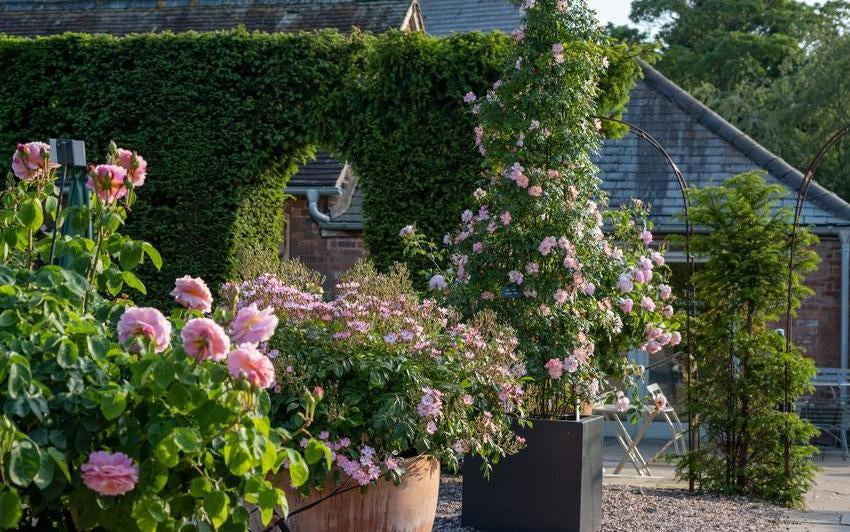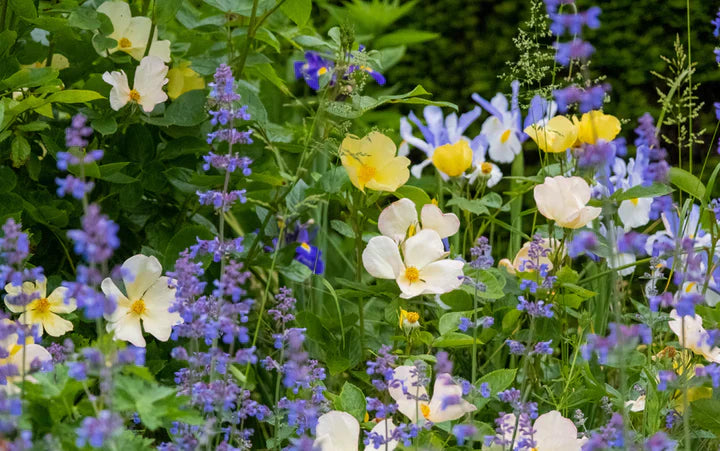The Arrival of Aphids: Friends or Foes to Your English Roses?
As the days grow longer and the warmth of spring fills the air, your roses begin to come back to life. But with the change in season, you might notice some tiny visitors on your plants – aphids. These little insects are common in spring, and you may be wondering: are they friends to your garden, or should you be concerned about them?
What Are Aphids?
Aphids are small, soft-bodied insects that come in various colours – usually green, pink, or black. They love to feast on the sap of your roses, often gathering in clusters on the underside of leaves or at the tips of new growth. While they may seem bothersome, aphids rarely cause serious harm to your roses. However, they can affect the appearance of your plants, and they do play a role in the garden ecosystem that’s worth understanding.
Aphids are most active from early spring to late summer, multiplying quickly as the weather warms. As they feed, they produce a sticky substance known as honeydew, which can lead to the growth of black, powdery mould on your rose leaves. While the mould doesn’t harm the plant, it can block sunlight and prevent the plant from performing photosynthesis effectively.
Are Aphids a Foe?
At first glance, aphids might seem like a serious threat. They can cause the leaves of your roses to curl, turn yellow, or become misshapen. You may also notice the sooty mould growing where the honeydew settles. But here’s the good news: Aphids usually don’t pose a long-term threat to your roses’ health. While they may be unsightly, they’re unlikely to cause lasting damage. Your rose will continue to grow and bloom even with a few aphids around.
So, are aphids really a foe? In small numbers, not at all. It’s only when aphid populations become overwhelming that they can affect the plant’s growth and appearance.
Aphids: Friends to the Garden?
While aphids might seem like the villains of the garden, they actually play an important role. Although they feed on your roses, they also provide food for other beneficial insects. Ladybirds are particularly fond of aphids and will help keep their numbers in check. Other creatures, like lacewings, also target aphids as a food source.
So, while aphids might be a bit of a nuisance, they’re an integral part of a balanced garden ecosystem. The insects that prey on them help maintain harmony in your garden, ensuring that no one species gets too dominant.
How to Handle Aphids
If you happen to spot aphids on your roses, there’s no need to worry! There are several simple and natural ways to manage them. You can gently brush them off or carefully squash them with your fingers. Another easy method is to give your plants a gentle rinse with a strong jet of water from your hose. Focus on the areas where they tend to gather, particularly the undersides of leaves and new shoots, and wash them away.
Alternatively, you can mix a weak solution of mild dish soap and water to gently spray your roses. This will help dislodge the aphids without harming the plant. Avoid using harsh chemicals, as they can also harm beneficial insects like bees and ladybirds that help maintain the natural balance in your garden.
If aphid numbers start to rise, you might want to consider introducing ladybird larvae to your garden. They will naturally help keep the aphid population in check by feeding on them, bringing balance back to your plants.
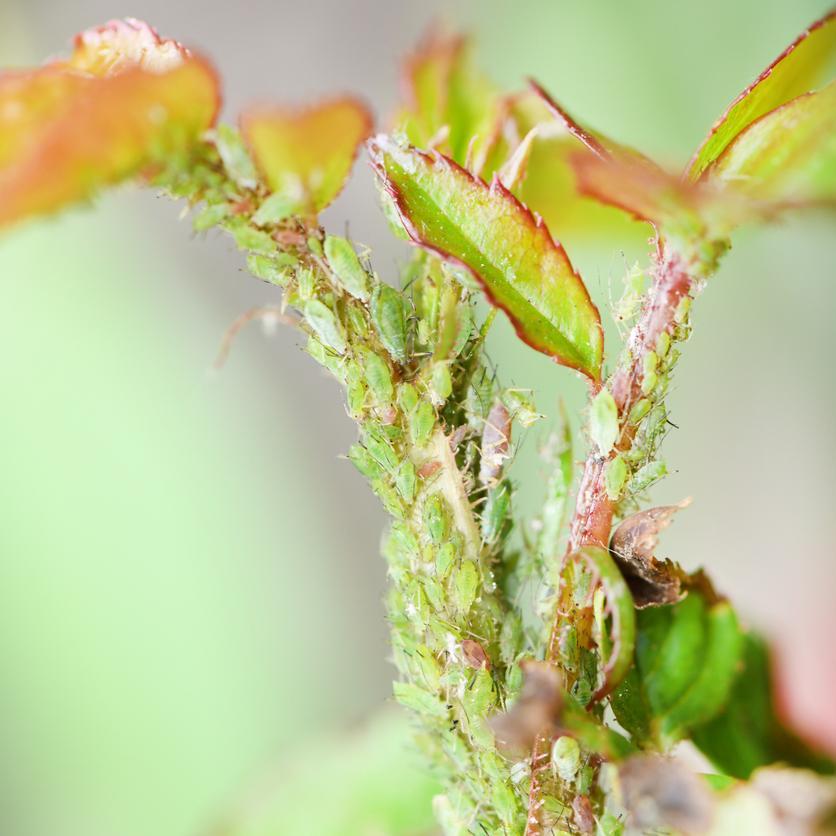
Should You Worry About Aphids?
In most cases, aphids aren’t something to worry about. A few here and there won’t harm your roses, and they’re easy to manage with a little attention. Simply wash them off, encourage natural predators like ladybirds, and your plants will stay healthy.
Aphids are part of the garden’s natural rhythm. While they might not be the most welcome visitors, they play a role in supporting the creatures that help keep your garden balanced and thriving. So, when you spot those tiny aphids, remember they’re just a small part of the bigger picture. With a little care, you’ll be able to keep your roses looking beautiful throughout the season.

